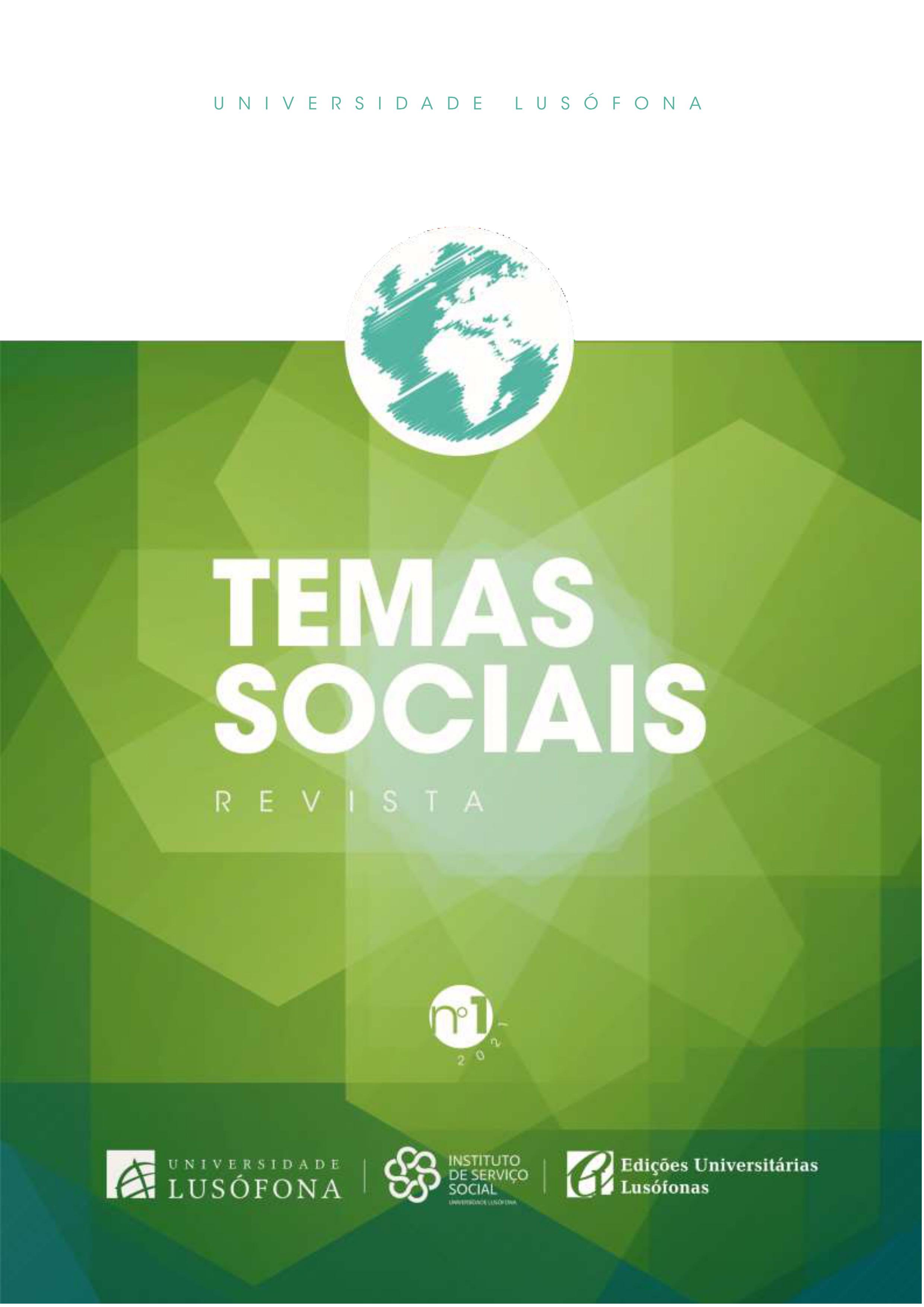Home hospitalization in Portugal. A new field of action in the hospital's Social Work
https://doi.org/10.53809/2021-01-TS-n.1-188-207
Abstract
The present article intends to make known social service intervention practices in the Unidade de Hospitalização Domiciliária (Home Hospitalization Unit) (UHD) of the Centro Hospitalar Universitário de Lisboa Central (CHULC), as well as caracterize the treated patients and social responses within the framework of home hospitalization. This is a study of quantitative approach, of the descriptive and exploratory type. Between May of 2019 and May of 2020, 232 patients were evaluated for admission in the UHD of the CHULC, of which 122 were excluded for several reasons and 110 patients were treated. Of the treated patients in home hospitalization, 28 required the social worker's intervention. The data was collected through the analysis of the social processes, obtained by the records of the social worker's analysis in the computer programs “SAAS” (Sistema de Apoio ao Assistente Social) and “SClínico” and a specific record sheet was created in order to collect the following parameters: the patient's profile, reasons for exclusion, social diagnosis and the social responses that were put into action. The results of this analysis allow us to verify that the social worker's intervention in the UHD is irreplaceable, fundamental and determinant in the support for the patient and their family and in the quality of the health care.
Downloads
Open Access Policy:
The Journal facilitates free, open and immediate access to its contents to foster the exchange of knowledge at a global level.
By submitting their work, the author(s) authorise the publication and dissemination of their work and are responsible for its content.
Code of Ethics:
The Journal is a digital tool that enables the dissemination of knowledge in a globalised society where technology, communication and information occupy a prominent place. The publication promotes equal opportunities facilitated by knowledge. To this end, the Journal is committed to the content it publishes, adopting a code of ethics based on the following principles:
1. The texts received must be original, by the author(s) alone and unpublished, i.e. they must not have been previously published, broadcast or sent to another publication.
2. Authors are responsible for requesting any authorisations necessary to publish their texts, with the respective reference to the sources consulted.
3. That organisation must authorise work funded by an organisation to disseminate the results.
4. the plagiarism detection tool in force will review all work received at Universidade Lusófona - Centro Universitário de Lisboa.
5. The articles received will be evaluated by two experts in the field, guaranteeing the anonymity of the author(s) and the evaluators.
6. Papers involving people as the research subject must obtain informed consent from all of them, with strict respect for the confidentiality of personal data and, if necessary, the decision of the Ethics Committee.
7. The list of authors should only include those who contributed intellectually to the work, i.e., who designed and carried out the research, wrote up and analysed the results and approved the final version of the text.



